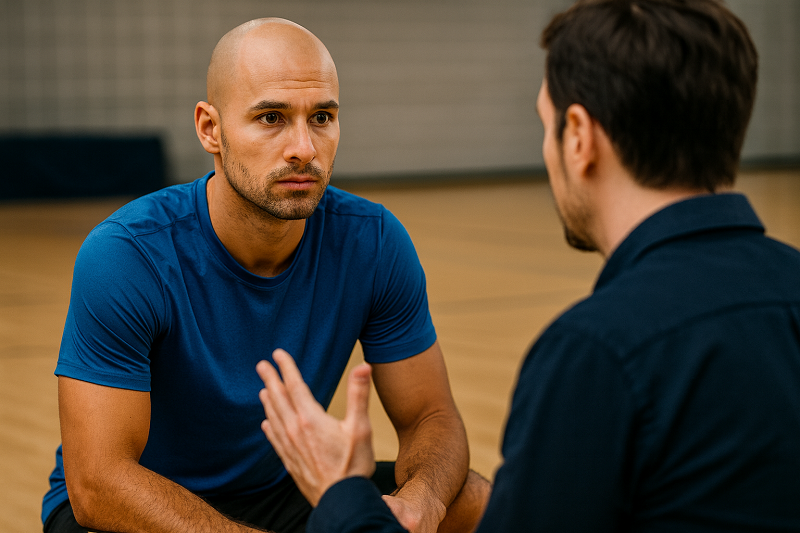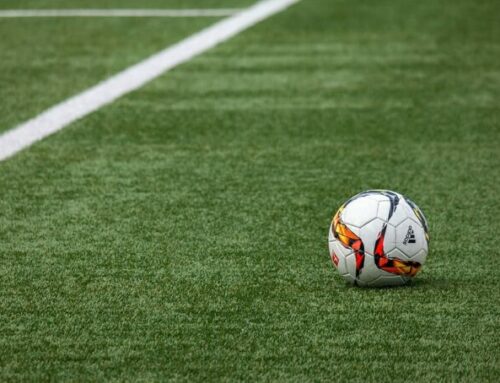How Mental Preparation Builds Confidence, Calm and Focus
The mental aspect plays a crucial role in athletic success. Beyond technical and physical skills, the ability to manage emotions, maintain focus, and recover after mistakes often makes the difference. Sport psychologist Manuel Dupuis presents key approaches in mental training designed to help athletes unlock their full potential.
Mental imagery and resource anchoring
Mental imagery is a cornerstone of psychological preparation. It involves visualizing success, reactivating positive sensations, and imagining smooth, confident execution of movement.
Through resource anchoring, athletes learn to trigger a useful mental state when needed — regaining confidence before a match, calming down in tense moments, or refocusing after a setback.
The “switch” technique: bouncing back quickly
Losing a point or making a mistake can disrupt focus. Switch techniques help athletes transition from frustration to neutrality, then to a constructive, positive mindset — a kind of mental reset that maintains performance consistency.
Focus, attention and mindfulness
Exercises in focus, attentional control, and mindfulness help athletes reconnect with breathing and bodily sensations. This improves emotional stability and enhances calmness in decisive moments.
A personalized approach
Every athlete is different. Depending on the situation, Manuel Dupuis tailors his support — from mental coaching to deeper psychological work when facing injuries or personal challenges.
Well-being as a foundation for performance
The ultimate goal is the athlete’s overall well-being. When athletes feel balanced, calm, and confident, their performance naturally improves. Mental preparation thus becomes both a key to success and a path to personal fulfillment.




